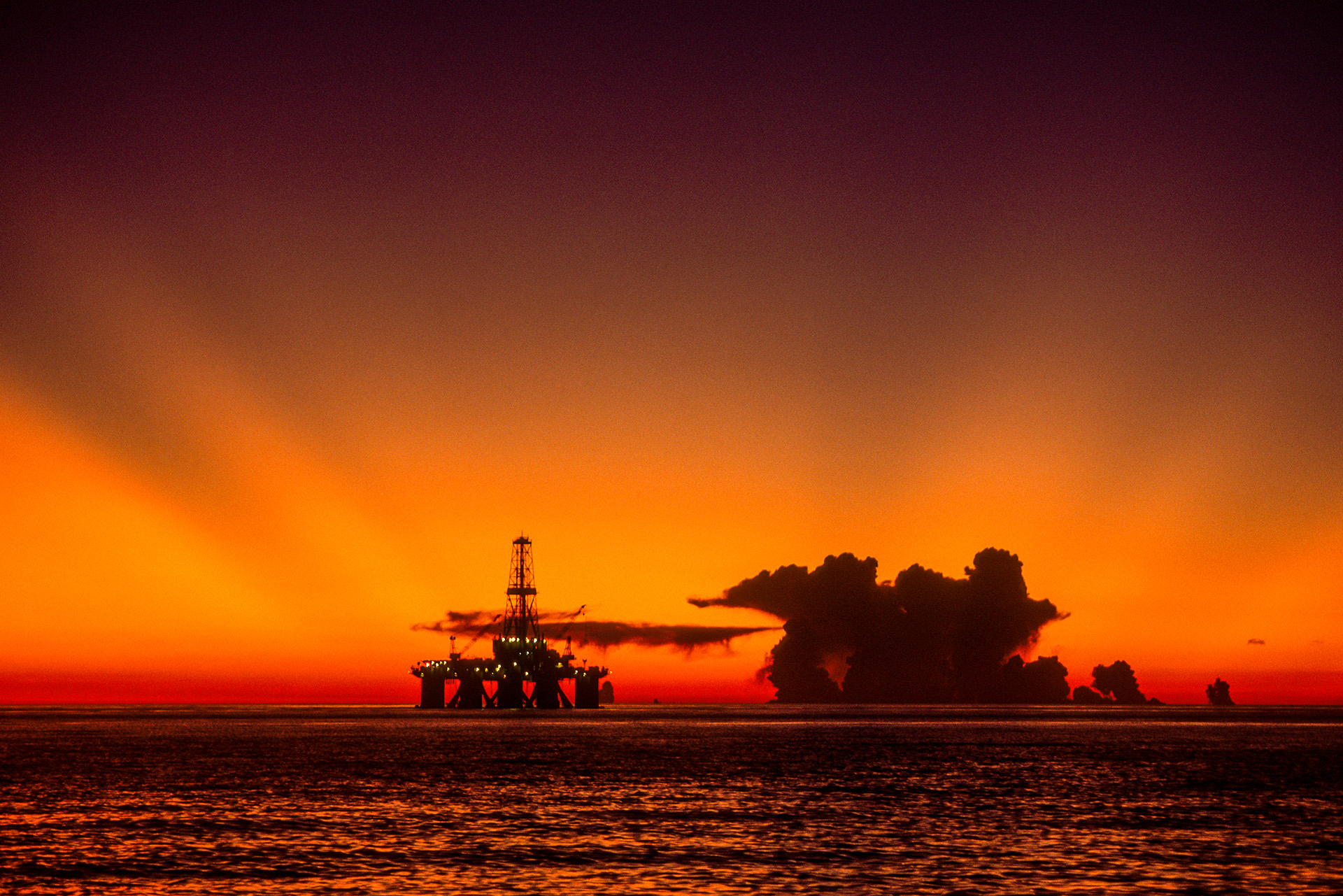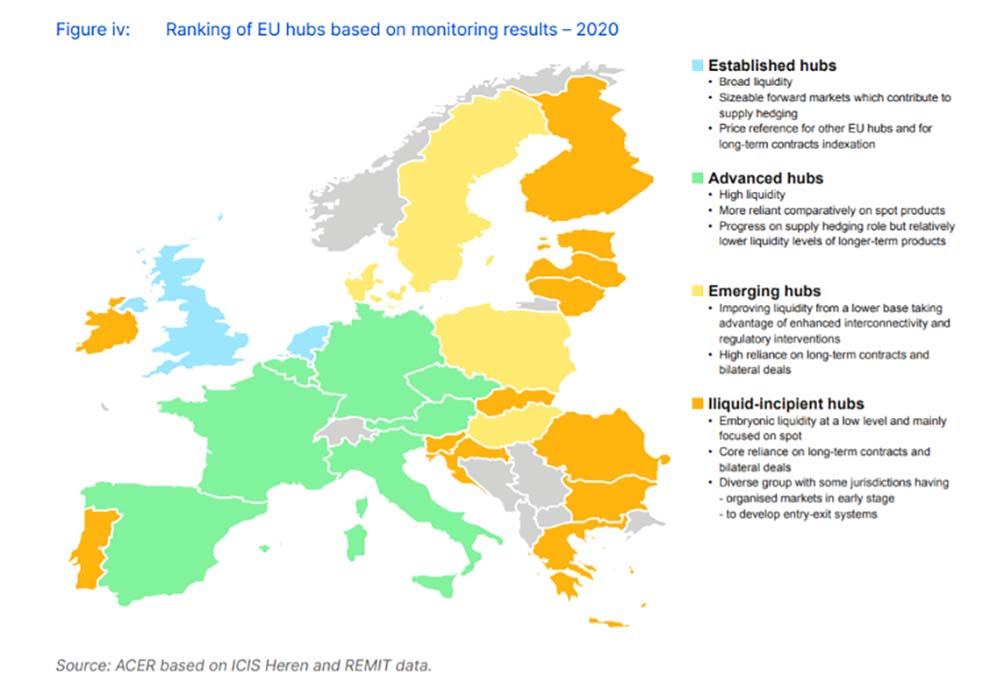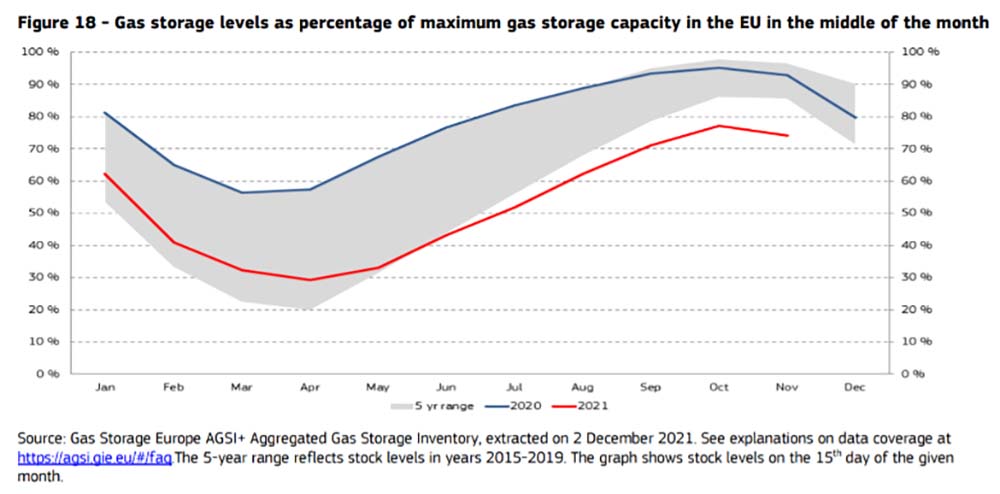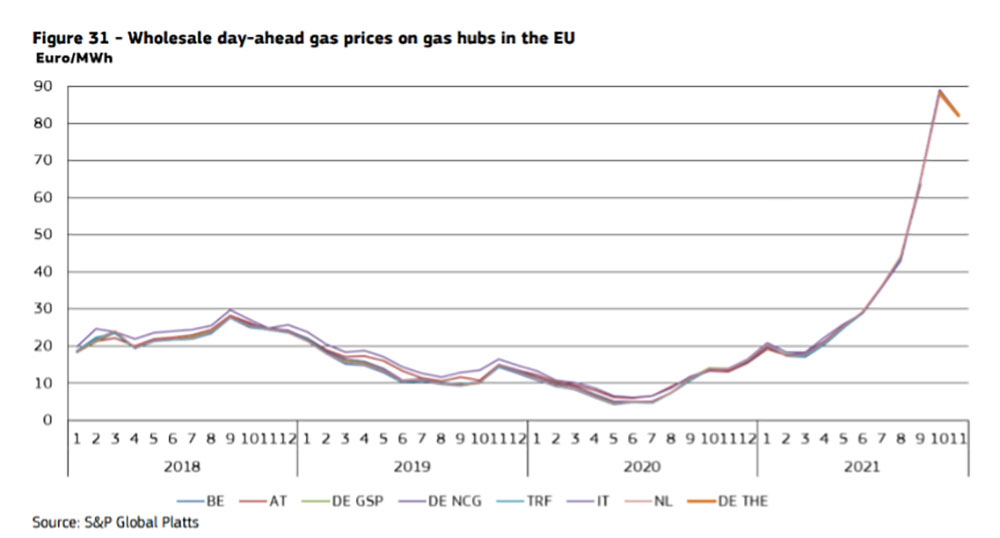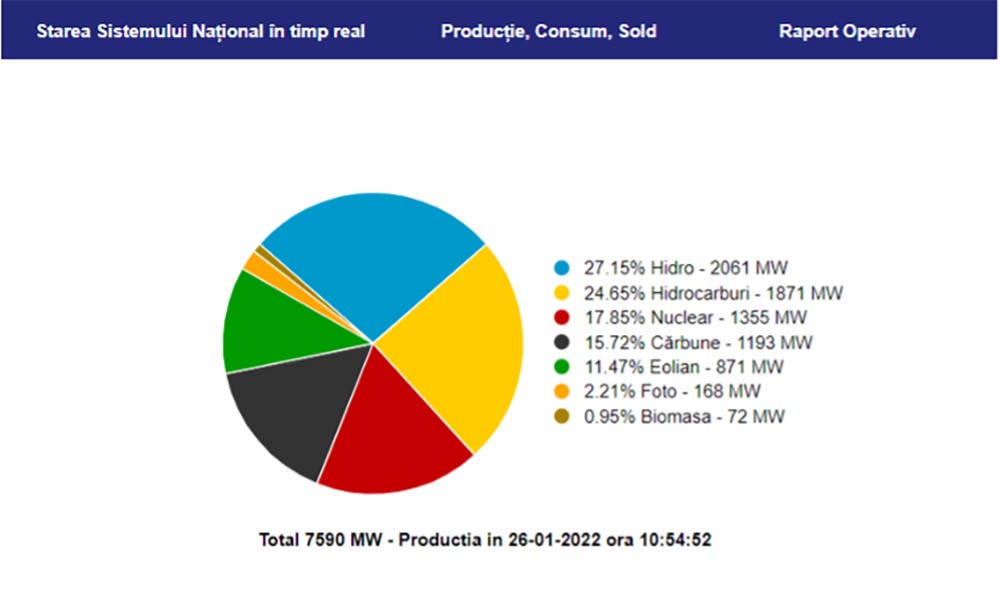The unprecedented energy price crisis, which has affected all economies in Europe, provides a good opportunity to draw the right lessons. And the most important one is how much we are losing by having so much of our own natural gas resources, yet they remain untapped. For Romania, the legislative blocking of the extraction of resources from the Black Sea, discovered since 2012, has opened the door to a growing dependence on imports, in the context of growing geopolitical tensions between Russia and Ukraine, which amplify the risks to security of supply. Additional offshore resources would have mitigated the local effects of this crisis and we would no longer be vulnerable in the middle of winter.
"If investments had started in 2018, we would have natural gas now. We lost tax revenue, security of supply and the opportunity to become a regional player. Markets are connected, but Black Sea gas would have reduced the shock and given us more room to help households and businesses." Energy Minister Virgil Popescu recently told Reuters.
In addition, although Romania's estimated gas reserves do not compare with Russia's, analysts estimate that they could still challenge the dominant position enjoyed by Russia's Gazprom group in Central and Eastern Europe.
Julian Bowden, Senior Visiting Research Fellow at the Oxford Institute for Energy Studies, said that the Black Sea will mean a lot to the region.
"Romania will be transformed from a small importer to a small exporter to its neighbours, which would be a transformative process for the region. For the market in the region, creating a regional hub is a goal. In my opinion it would be revolutionary if this happens. I think it is desirable in the region and it would change Romania's position.", he said at the Romanian International Gas Conference 2021.
Moreover, statistics from the Agency for the Cooperation of Energy Regulators (ACER) show that the market in the eastern part of the EU, traditionally dependent on Russia as an external supplier of natural gas, is extremely illiquid.
Source: documents.acer.europa.eu/
Concession companies in the Black Sea have spent billions of dollars to identify gas reserves of around 200 billion cubic metres estimated to lie on the Romanian continental shelf. Yet investment has yet to get off the ground in the absence of an attractive fiscal and legislative framework.
"We are talking about energy security, and we are not able to be independent when we have so many resources." said Cătălin Niță, Executive Director of the Oil and Gas Employers Federation (FPPG).
Uncertainty of supply sources at the heart of the price crisis
The International Energy Agency (IEA) notes the main causes behind the current crisis in the natural gas market:
- Last year's exceptionally rapid global economic recovery, which increased demand for resources;
- supply disruptions and bottlenecks, maintenance work on key gas infrastructure;
- an undersupply from Russia, which appears to have created an "artificial deficit" on European markets by reducing exports by about a quarter compared to the previous year, despite record market prices;
- smaller volumes of natural gas in storage.
"Underground storage remains the main source of short-term flexibility for Europe's gas markets. However, lower than average stock levels (about 50% stocking level in early January compared to an average of nearly 70% over the past decade) create even more security of supply issues, especially in cold periods at the end of winter. This is why Uncertainty about prices and supply remains high in early January, with the bulk of the heating season still to come", it shows in an analysis published by Fatih Birol, Executive Director of the IEA.
The European Commission confirms in its latest report on the gas market that one of the causes of the explosion in gas prices in Europe has been low filling of EU warehouses for winter.
"The average fill rate at the end of September 2021 (74.6%) was the lowest for this period in the last decade (historically ranging between 81% and 97%). Lower than expected gas flows from major sources (such as Russia, liquefied natural gas and, at times, from Norway) have led to a decrease in supply for injection into storage," the European Commission notes.
The supply shortage in the natural gas market was also exacerbated by the fact that the inflow of Russian gas in the third quarter of 2021 was much lower than expected, and maintenance work in September on Norwegian infrastructure put an obstacle in the way of rapid replenishment of storage.
At the same time, "renewable energy production was lowerwhich has led to an increased use of natural gas in electricity generation. All these factors have contributed to Significant increase in wholesale gas price in Q3 2021 on European markets", explained the European Commission.
The following graph, taken from the European Commission's report, perfectly mirrors the explosive rise in spot prices for natural gas in the main European trading centres:
Source: energy.ec.europa.eu/
Solutions to counter energy security vulnerabilities
The European Energy Agency notes that natural gas will remain an essential fuel for electricity generation in the coming years. It therefore recommends that European governments "strengthen policies and regulations on natural gas storage and seek to diversify its sources of supply".
The head of the IEA stresses that "potential energy security vulnerabilities do not disappear in a renewable-rich and more electrified energy system".
"The current situation underlines the fact that energy systems face significant risks relying too heavily on one supplier for a key element. Today it's natural gas; tomorrow, it could be something else, like lithium. This is why I urge governments to act now to address today's energy security challenges and those of the future." says Fatih Birol.
Natural gas as a means for a responsible energy transition
Similarly, the European Commission recognises the important role that natural gas will continue to play in ensuring a reasonable energy transition for consumers, especially in coal-dependent countries such as Romania.
"In view of the different transition challenges at Member State level, the European Commission believes that natural gas and nuclear energy can play a role in facilitating the transition to a mainly renewable energy future."argues the Brussels Executive. In this context, natural gas is being considered for inclusion in the Taxonomy - the classification system for sustainable activities.
However, the conditions will be strict - such as that natural gas must come from renewable sources or have low emissions by 2035 (source, HERE).
Time is running out and we risk missing all the opportunities
In Romania, natural gas also has an important share in the resource mix for national electricity generation, on average 20-25%, depending on the availability of other resources. Here, for example, is the situation as of 26 January, when natural gas-fired power plants accounted for almost a quarter of production, according to Transelectrica data, the operator of the national energy system.
In addition, Romania plans to use EU funds to phase out coal and replace it with natural gas, nuclear and renewable energy. In this context, a quick investment decision in the Black Sea is all the more necessary given the short timeframe for implementing investments (e.g., the €300 million available through the NRDP for new gas-fired power plants must be spent by 2026). Also, increasingly stringent emission regulations from Brussels are putting additional pressure on the value of this fuel.
"Time is running out"said Energy Minister Virgil Popescu. "If we wait much longer, we will miss all the opportunities," he admitted, referring to offshore resources.
Without exploitation of Black Sea resources, the rate of gas imports will exceed 50% by 2030, as estimated by companies in the field. In a survey conducted by INSCOP Research last year - Energy Security Barometer - 86% of Romanians said they agree with the exploitation of natural gas reserves on the Romanian Black Sea coast (up from 79% in June 2020). It remains for legislators to take the right decisions in time to bring to the surface these own resources so important for the country's energy security.


